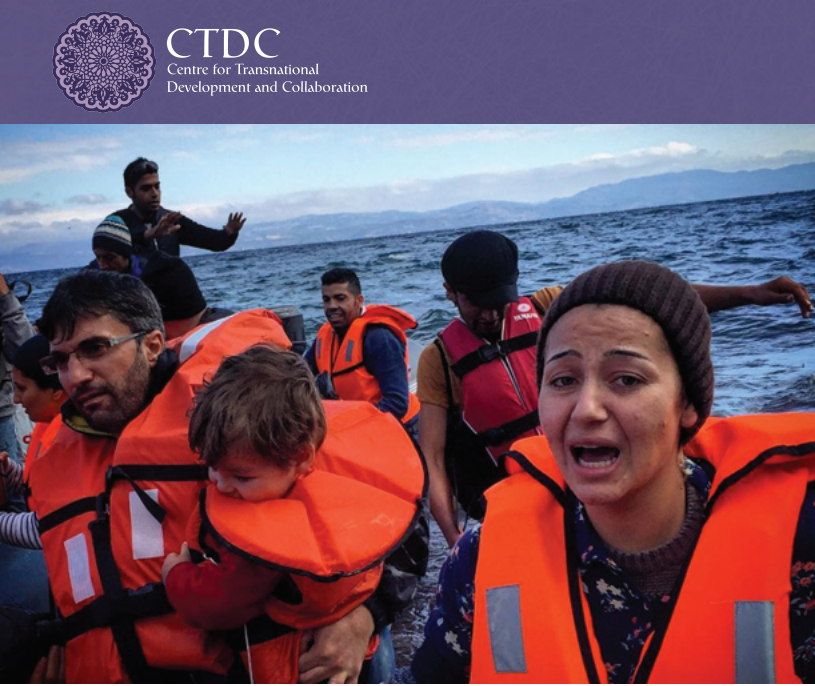Tackling Honour Killings through Sexual and Gender Rights Advocacy
CTDC Policy Brief No. 4 – September 2017
This policy brief examines the deeply entrenched practice of honour killings across the MENA region, highlighting the structural, legal, and cultural factors that enable these crimes. The authors argue that honour killings are a form of gender-based violence rooted in patriarchal control over women’s bodies and sexualities. Despite their prevalence, honour killings remain underreported, misclassified, and legitimised by legal systems that offer perpetrators exemptions or reduced sentences.
CTDC calls for integrating honour-based violence into broader sexual and gender rights advocacy, using a Sexual Practices and Gender Performance (SPGP) lens to move beyond narrow identity-based frameworks.
🔍 Key Issues Identified
Cultural Constructs: Honour killings are driven by notions of ‘sharaf’ and ‘ird’—cultural constructs tied to controlling women’s real or perceived sexual activity.
Legal Loopholes: Most penal codes across the MENA region still provide legal loopholes that justify or reduce penalties for honour crimes.
Underreporting and Complicity: Most honour killings are not reported, often disguised as suicides, with government denial and societal complicity hindering justice.
Victim Diversity: Victims are predominantly young women, but honour crimes may also target men, queer individuals, and survivors of incest.
🛠️ Strategic Recommendations
Research and Data Collection
Conduct national surveys on honour-based violence.
Collaborate with grassroots organisations to build comprehensive databases.
Use SPGP to frame research inclusively beyond fixed identity categories.
Community-Led Education and Prevention
Facilitate workshops with community leaders and religious figures to deconstruct harmful gender norms.
Educate boys and men on masculinity, family honour, and the consequences of violence.
Train school staff to identify early warning signs and support girls at risk.
Launch public awareness campaigns led by local activists to legitimise reform efforts.
Protection and Support
Establish safe spaces and counselling services for women under threat.
Work with shelters to expand mental health and legal aid provisions.
Legal Reform and Accountability
Train police, coroners, and medical staff to identify and document honour crimes accurately.
Pressure governments to reform penal codes that allow reduced or exempted sentences for ‘crimes of honour.’
Promote disciplinary mechanisms for law enforcement officials who fail to report or investigate suspected cases.
This brief underscores the need for multi-level interventions—from legal reform and institutional accountability to community mobilisation and gender education—to combat the culture of impunity surrounding honour killings. A rights-based approach, grounded in SPGP, is essential to dismantle the social, legal, and political systems that make this form of violence possible.
👉 To read the full policy brief, click below 👇
Reach to Us
Have questions or want to collaborate? We'd love to hear from you.




